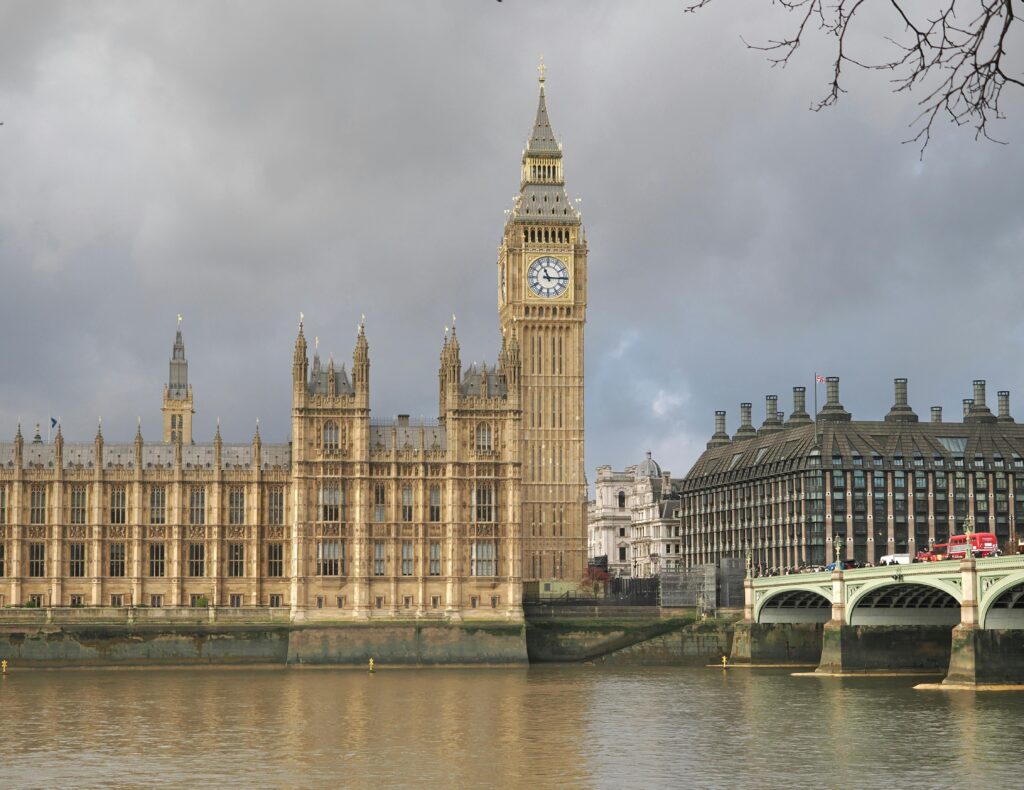Keshav Baliram Hedgewar does not fit easily into the conventional categories of modern political analysis. He is the founder of one of the most successful grassroot organisations in the world – the Rashtriya Swayamsevak Sangh (RSS), which loosely translates to the National Volunteer Organisation, but a better and more meaningful rendition would be Volunteers for Serving the Nation. To some, he is the ascetic founder of a movement that reshaped India’s socio-political landscape by way of building community cohesion. To others, he remains a figure cloaked in suspicion. He is cast either as a cultural purist or a majoritarian ideologue. Yet both portrayals flatten a much more complex intellectual and historical figure.
Director-General, Sachin Nandha, recently published a paper which offers an alternative frame: Hedgewar as a Progressive Conservative. In doing so, it argues that his project was neither reactionary nor revolutionary, but deeply constructive. Hedgewar was not primarily interested in political power or in contesting the state (rajya). His vision was for the rāṣṭra, or the nation understood as a living cultural and moral organism, not merely a geopolitical construct. The rāṣṭra as understood by Hedgewar was civilisational – a moral-cultural unity, composed of memory, rituals and the organic unity of people. This would be akin to what Robert Putnam may have described as a civic community sustained by bonding social capital – a dense network of shared traditions, mutual obligations and daily interactions that generate trust, cooperation, and a sense of collective identity.
At the heart of this project lay a profoundly conservative instinct: to preserve and renew the moral and civilisational foundations of Indian society. Hedgewar believed that India’s decline under colonialism was not just the loss of sovereignty but the erosion of its civic fabric. This was marked by caste fragmentation, ritualism without meaning, and the collapse of social trust. His response was not to demand rights but to rebuild duties. He did not seek to capture state institutions, but to form individual character. He created shakhas: daily training grounds for cultivating self-restraint, physical vitality, and civic brotherhood. They were, in essence, laboratories of cultural repair.
In this sense, Hedgewar stands in a philosophical lineage with figures such as Edmund Burke, who argued that true political reform must be guided by prudence and continuity, not abstract perfection. He shares affinity too with Theodore Roosevelt, whose Progressivism retained a strong moral nationalism and emphasis on civic virtue, and with Jonathan Sumption, the former UK Supreme Court Justice, who has warned that the decline of shared duty and restraint in liberal democracies leads not to liberation but to fragility.



